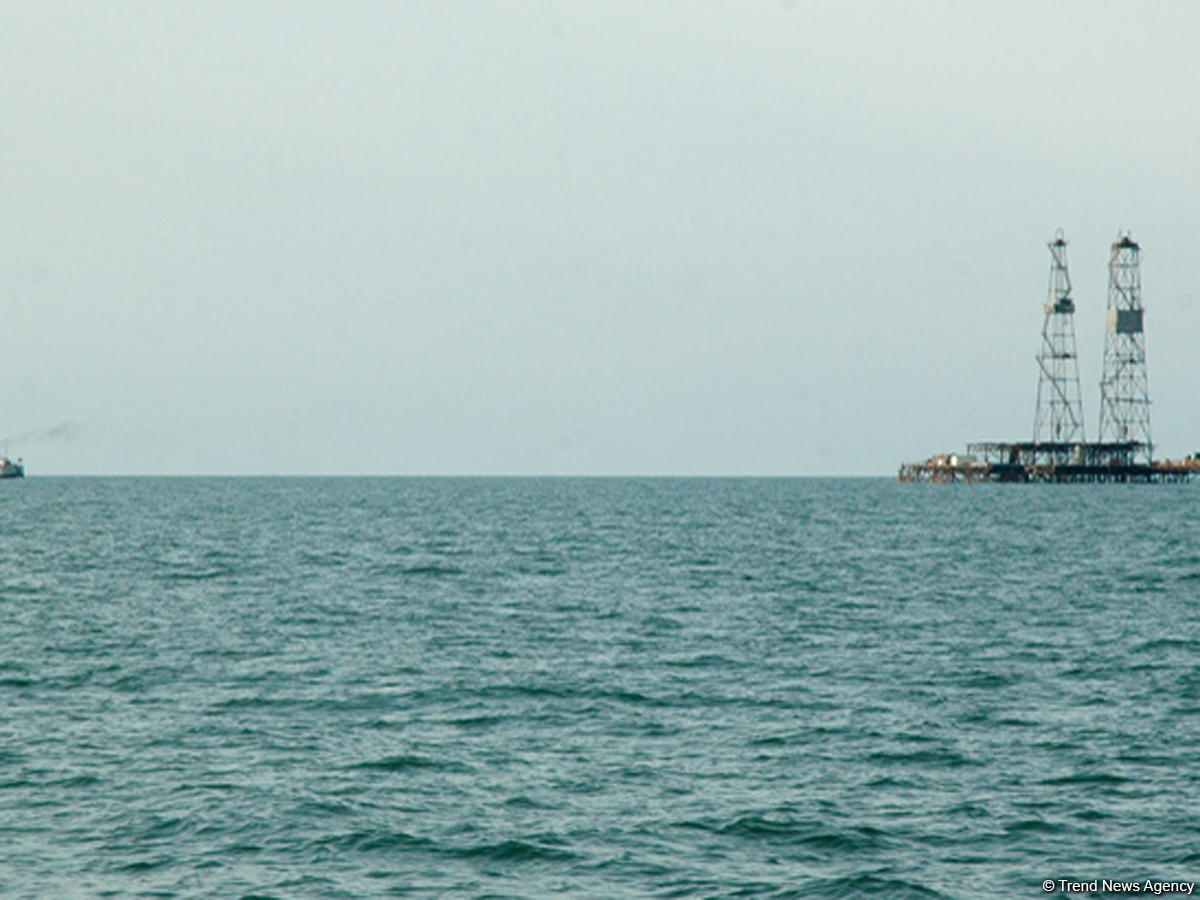ASTANA, Kazakhstan, February 29. KazMunayGas JSC (KMG, Kazakhstan's national oil and gas company) will keep up geological exploration in the Caspian Sea, as stated in a statement of the Chairman of the Board of KMG Magzum Mirzagaliyev, published by the press service of the joint-stock company, Trend reports.
"I'm confident that the potential of the Caspian Sea is significant, and it has not been exhausted, so geological exploration in the Caspian Sea will continue," he noted.
Speaking about the refusal of some companies to implement projects in the Caspian Sea, Mirzagaliyev explained that this is due to several factors.
"Of course, the most significant factor is that in recent years, there have been no major discoveries in the Caspian. For example, the well in the Zhenis area in the southern part of the Kazakh sector of the Caspian Sea turned out to be dry. Other blocks, like Block 'N' were also deemed unpromising. At the same time, there were good discoveries, such as the Kashagan, Kalamkas-Sea, and Khazar fields," he emphasized.
According to him, there are additional factors as well: the first being geological risks, and the second being the complexity of working in the Caspian Sea.
"The Caspian Sea is characterized by shallow waters and extreme temperatures - very hot in summer, cold in winter, with ice. This leads to a noticeable increase in project costs. In this regard, on behalf of the head of state, an Improved Model Contract has been developed, aimed at the development of complex fields, including offshore ones. Thanks to this, we were able to attract LUKOIL and establish a joint venture for the development of the "Kalamkas-Sea, Khazar, Auezov" project in the Caspian Sea," he added.
Meanwhile, the volume of oil and gas condensate production by KazMunayGas amounted to 23.5 million tons (486,000 barrels per day) in 2023. The volume of oil and gas condensate production grew by 6.5 percent from 2022.
At the same time, natural and related gas output climbed by 14.8 percent over the reporting period, reaching 9.45 billion cubic meters.
Stay up-to-date with more news on Trend News Agency's WhatsApp channel







